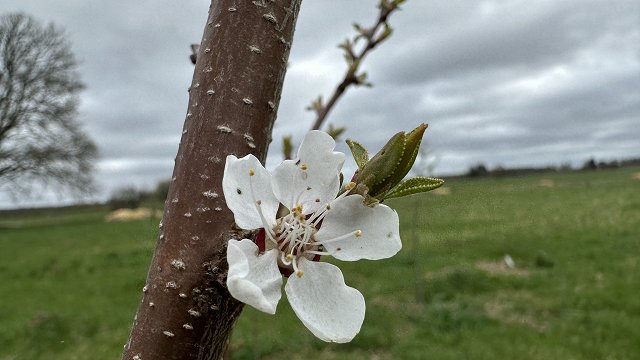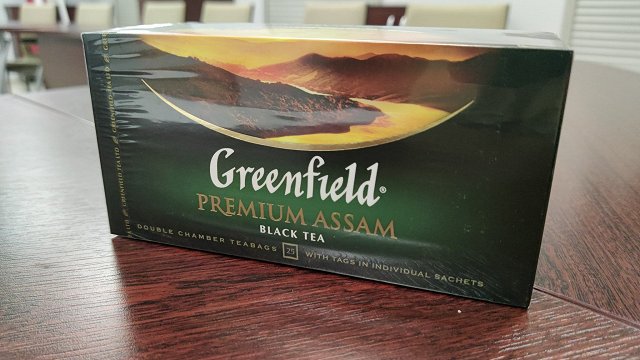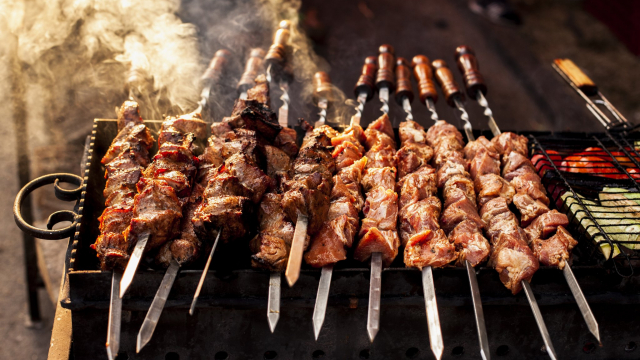Agronomer Raimonds Saukums of the Integrated Farming School came to assess one of the blackcurrant fields affected by the clearwing: “Here we see a bush with only a few green leaves left. Consequently, there is a risk that they [pests] are in many branches. We cut the lower branches to the root and see that here it's healthy, but the top is [damaged]”
The owner of the farm “Pāvuļi”, Gints Balodis, has four hectares of organic blackcurrant. 80% of blackcurrants have been lost following the clearwing attack.
“On our farm, the situation is dramatic. Since the leaves have started to grow, I found that about 70-80% of all berry bushes are with dry branches. And yes, it's the clearwing that has damaged our plants. What we've earned for the last two, three years, we'll have to put it all back in so we can save the field at all,” the farmer said.
On the Berrypark farm, which has approximately 80 hectares of blackcurrant area, some of the fields have been damaged to an extent of 100%. These are big losses, measured in several thousand euros.
“Blackcurrants cost mostly €1.60 to €1.80 per kilogram last year. And from a good field, you can have a tonne, two, three, the best growers also have 4 tonnes. Then it means the [losses] are two, four, six, eight thousand euros,” said Inga Gaile, director of the Integrated Farming School.
The clearwing larvae eats the core of the branches of the berry bush, creating a passage, so the damaged branches dry. If the presence of cleawing is not observed in time, damage can reach 100% in one year.
“Like 100 years ago, there is not really any other method now – it is very important to observe and start cutting in the autumn. All the damaged, undeveloped branches are cut and burned, so we limit this pest,” Gaile said.
According to experts, so far there has been no such extensive damage in Latvia. Farm managers say sadly, there will be no harvests this year.






























